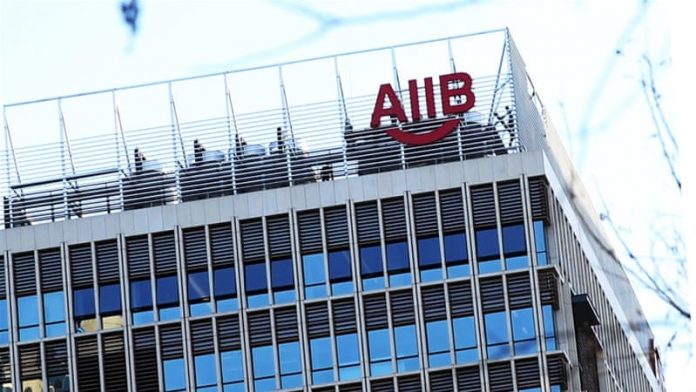- Bank will fund $100m for Karachi Bus Rapid Transit Project and $402m for Rawalpindi Ring Road Project
ISLAMABAD: The Asian Infrastructure Investment Bank (AIIB) has decided to invest more than $1 billion in the infrastructure projects related to transport, urban and rural water, and energy sectors of Pakistan.
AIIB Head of Communication & Development and Chief Economist Laurel Ostfield, in an interaction with media on Thursday, said that the bank was giving funds for sustainable infrastructure and cross-border connectivity, and to mobilise private capital projects in Pakistan. “In line with our priorities, AIIB is considering investing more than $1 billion in infrastructure, urban and rural water, and energy sectors,” she added.
She informed that four projects under consideration included the $100 million Karachi Bus Rapid Transit Project, $402 million Rawalpindi Ring Road Project, $400 million Lahore Water and Wastewater Management Project and $160 million for the Karachi Water and Sewer Services Project.
Ostfield said AIIB’s Board of Directors has also approved $100 million for the National Motorway M-4 Project and $300 million Tarbela 5 Hydropower Extension Project.
“We are working to identify projects with high-level of readiness and that can help address the needs associated with aging water and transmission infrastructure,” she stated. “Our focus will also remain on projects that can be carried out on a sound economic basis and contribute towards Pakistan’s long-term economic development.”
AIIB Principal Economist Dr Jang Ping Thia, while briefing on the Asian Infrastructure Finance report, said that there were enormous infrastructure investment opportunities across Asia, including Pakistan, despite current market uncertainty and short-term challenges.
Quoting the report, he said an increase in borrowing costs is expected in the next 12 months due to interest rate pressure and monetary policy announcements by the Pakistani central bank. The report further notes that currency volatility could also affect project financing.
As governments grapple with the need for macroeconomic stabilization and sustaining a high level of infrastructure investment to meet growing demands, AIIB is developing strategies to help its members respond to short and long-term challenges in infrastructure development, he stated.
“Our focus on Pakistan demonstrates that during times of macroeconomic uncertainty, multilateral development banks such as AIIB can help reinforce sound public infrastructure investment,” he said.
























